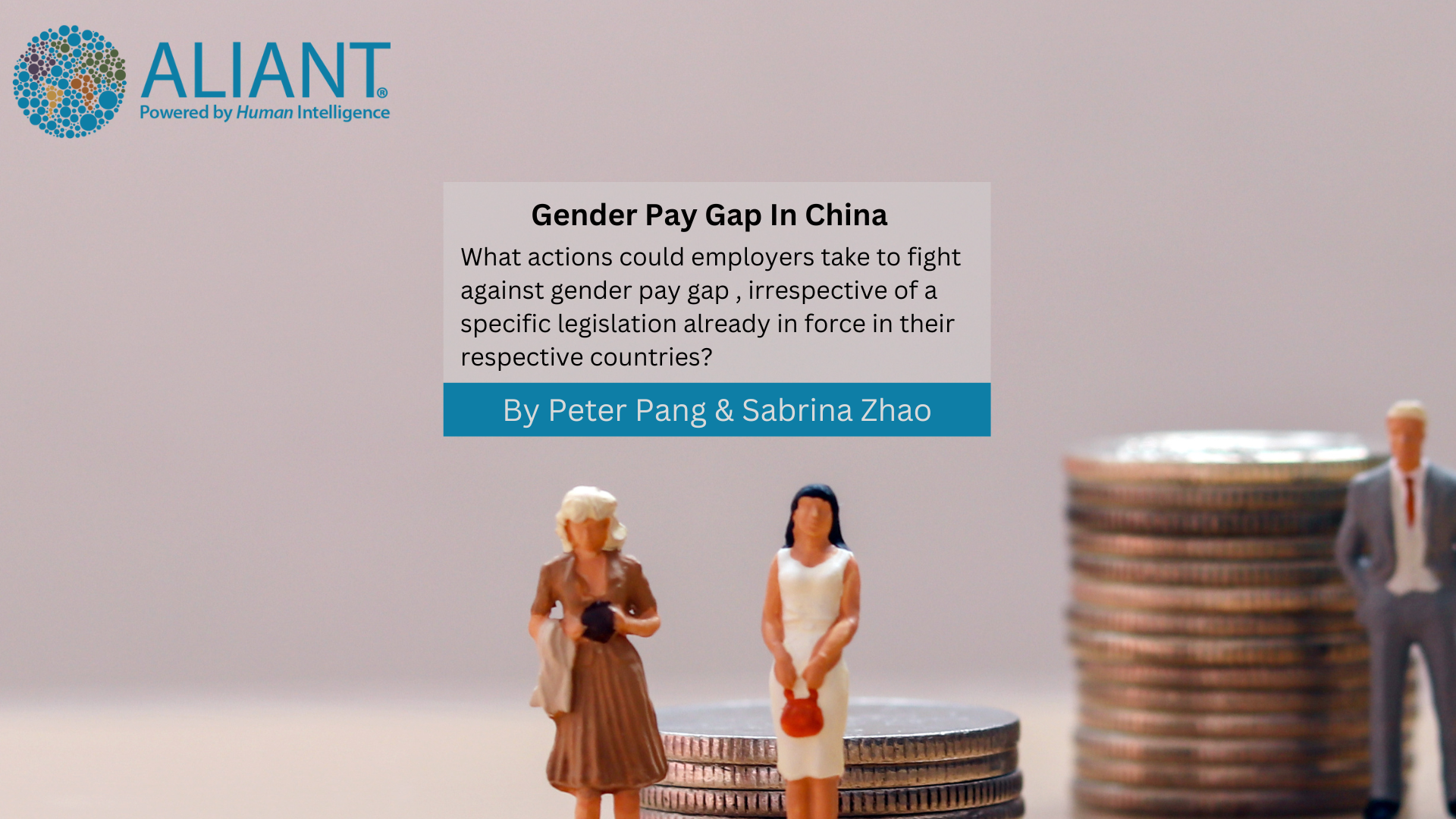Increasing Gender Pay Gap in China
Gender pay gap is an important issue in this era and underpins the UN 2030 Sustainable Development Goals. With only ten years remaining before the 2030 deadline, this study of the historical and spatial evolution of the gender pay gap, wage inequality and the relation with the more recent developments in China is particularly relevant. It is worth concerning that China is currently facing serious problems of gender pay gap and inequality in the distribution of wages, compared to other countries in the world.
In global terms, the gender pay gap of the annual earnings in 1995, 2002 and 2013 has increased, standing at 17.2%, 19.1% and 23.2%, respectively, with the gender pay gap of hourly earnings standing at 15.8%, 17.3% and 21.9%. In addition to this data, current data from the CFPS data for the year 2018 shows that the gender pay gap of China’s annual earnings has reached 26.5%, with the gender pay gap of hourly earnings standing at 20.9% (see Table 1). This gender pay gap is greater than that of the European Union, the United States and the United Kingdom. Furthermore, over the period of 1995 to 2018, the gender pay gap in China shows an upwards trend, which is particularly worrying.
The Absence of Regulation untill 2023
One of the reasons for the wide gender pay gap in China is the absence of laws. The Constitution of the People’s Republic of China, promulgated in 1954, provides in general terms that men and women should receive equal pay for equal work. However, since the Constitution cannot be applied as a direct basis in Chinese lawsuits, this provision has become a sleeping clause. For a long time, China had no specific laws and regulations to limit the gender pay gap , until Law of the People’s Republic of China on the Protection of the Rights and Interests of Women was introduced in 1992.
The Law on the Protection of Women’s Rights and Interests came into force in 2023.
The Law on the Protection of Women’s Rights and Interests, which was introduced in 1992, revised in 2022 and just came into force in 2023, provides for gender equality in various aspects, including individual and personality rights and interests, culture and education, labor and social security, property, marriage and family. And in the chapter on labor and social security, it clearly stipulates that equal pay for equal work shall be applied to men and women alike.
Women shall enjoy equal rights with men in the enjoyment of welfare benefits. No employer shall limit candidates to males or stipulate that males are preferred; or make any restriction on marriage or childbirth, or the status of marriage and childbirth as a condition for recruitment (employment);or refuse to recruit (employ) women on the grounds of gender or raising the standards for recruiting (employing) women in a differentiated manner. If women’s lawful rights and interests are infringed, they have the right to request the administrative organs to deal with them in accordance with the law, or to apply for mediation or arbitration in accordance with the law, or to sue in the people’s courts.
Notwithstanding, the provisions above are still far from specific and practical, with its effect remaining to be tested. However, we still advise enterprises to revise their rules and regulations to fully comply with the regulations relevant to gender equality to avoid the potential legal risks. Meanwhile, women employees shall take the bravery to use the law and regulations to protect their lawful rights.
If you have missed the privious five parts of the Aliant’s Gender Pay Gap Serires, please see part one here.
FOLLOW US ON LINKEDIN
SEE MORE ALIANT INSIGHTS


